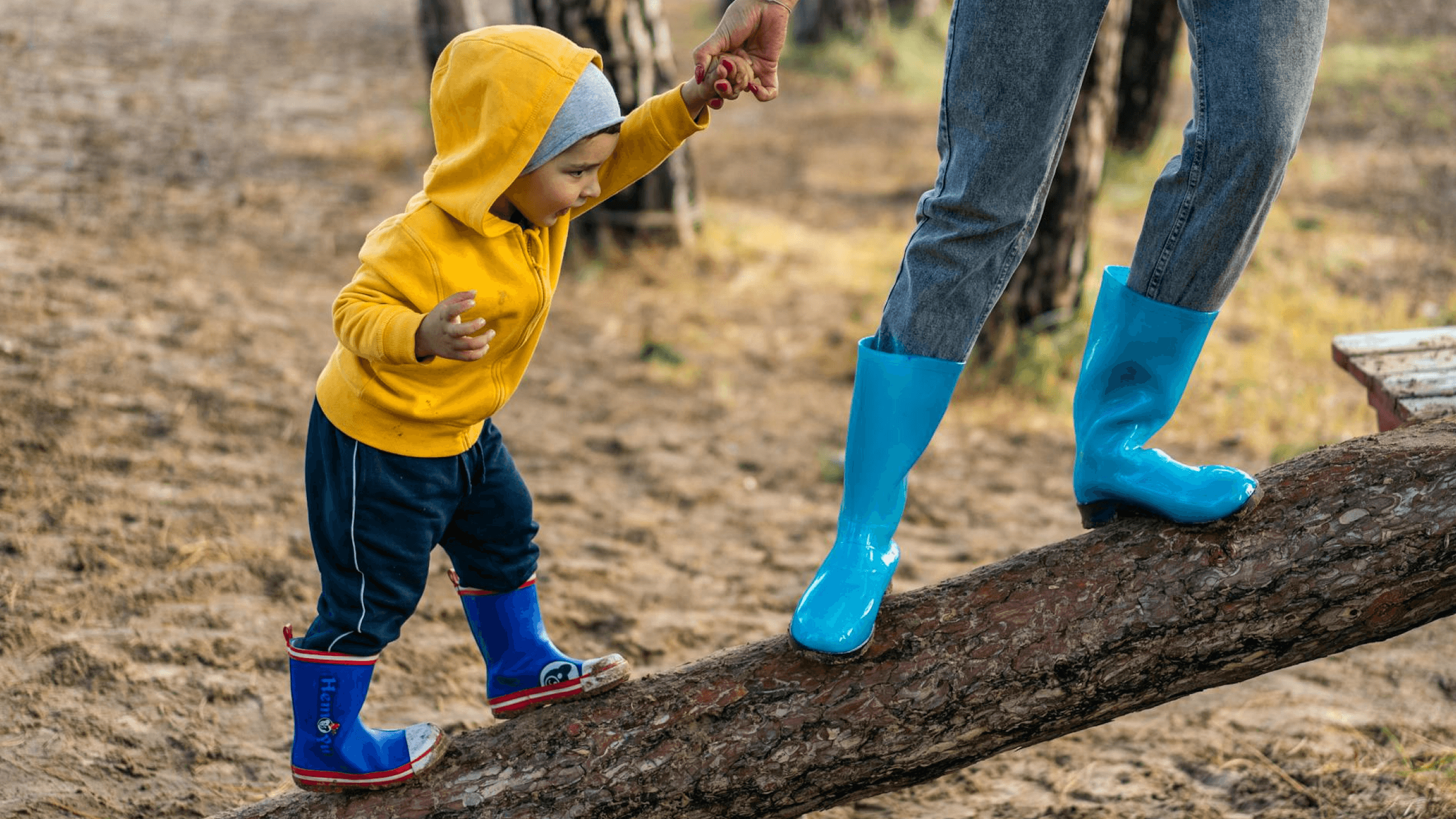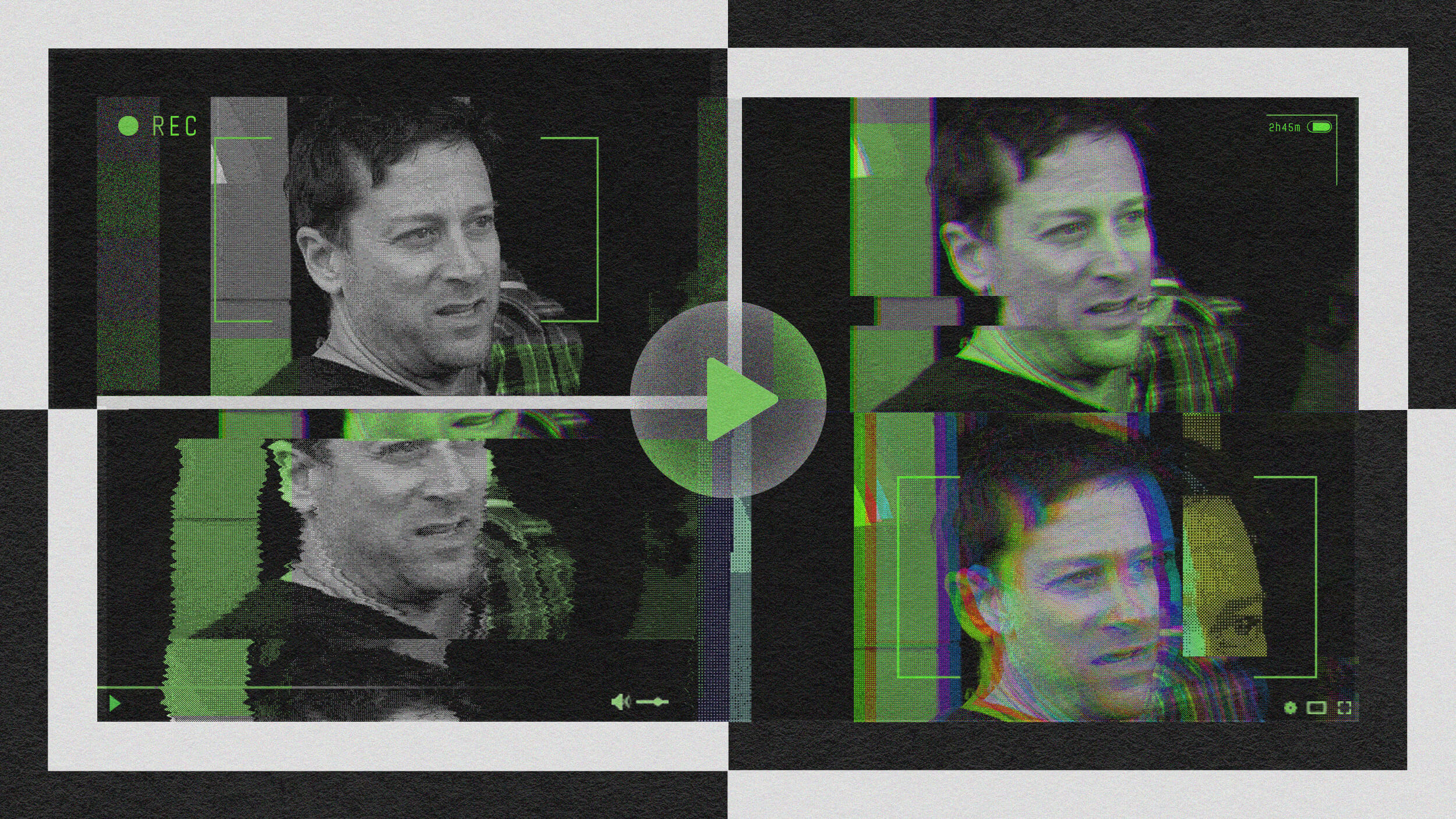If an idea comes along that is complicated and terrifying and you want to run a million miles from it—you’re probably onto a great thing. That’s the takeaway from Scott Aukerman, who co-founded the podcast network Earwolf, home to podcasts by Stephen J. Dubner, Hannibal Buress, Katie Couric, Jeff Garlin, Chris Gethard, and Lauren Lapkus. Aukerman explains how he went from being a comedian with an interest in podcasts, to a businessman who co-runs an audio empire. Entrepreneurs aren’t a different species, they just geek out in ways that others don’t. Scott Aukerman’s podcast is Comedy Bang! Bang!.
Scott Aukerman: I think a lot of the comedians, when they are working on what they're doing, a lot of them don't want to be businessmen as well, they just want to go up and be funny. They want to come to the club, they want the mic already to be there, and they just want to talk into it—and then they want to leave and they want to get their check and they want to go.
When I was starting out I was in a situation where there weren't theaters in town that I could perform at, so I would have to literally rent theaters that I was at. And I remember I did a show for two nights and we spent $1500 on the show and I had to do every aspect of like buying all the props and figuring out where the mics were going to go. And a lot of people don't want to do that, and so when I first started podcasting there were very few comedians who wanted to do it because the first obstacle that's right there is like the equipment. How do I record it? Most comedians don't have a portable recording set up on their own so right there it disqualifies people. And they're not interested in buying it.
And then the other part of it is, when you podcast it's like, “Well okay I recorded it, how does it get onto the Internet?” And most people don't want to take the time to figure that out. When I first started podcasting I was also a producer as well so I was used to wrangling talent and figuring out equipment and just kind of involved in all aspects of it.
So when I first started my podcast I would get really interested in how it would get onto the Internet, and I didn't really know what it was, and I didn't know that you had to put it up on a hosting site then that hosting site feeds it to the rest of the world, including iTunes and all that. I just thought like, “How do I put this on iTunes? Do I call iTunes? How do I do this?!” And someone said, “No, no, no, you find yourself a hosting site, it feeds it. Everyone else, once you ping it in iTunes, they'll start automatically refreshing it anytime you put up an episode.” So I got very into that and I started looking at the numbers and I started looking at the cities that were the most popular cities to listen to the show in, and I started seeing the trajectory of the numbers, and all that stuff is honestly very fascinating to me.
A person who ended up being my business partner in Earwolf, the podcasting network that we created, when he came to me originally he was just asking me about managing the show, maybe he was a business manager. When we had that meeting I was kind of not interested because I had a manager, and on my way out the door he said, "You know what would be really interesting—but it's probably too much work for you—is doing like a podcast network where we get a bunch of shows and we all gang up and we try to take on the industry together." And I said, "Yes! That's the idea I like." Because I like doing really complicated things that are ambitious. I love doing the ambitious thing.
So the problem at the time though is, to try to get a comedian to do a podcast, how do you get them to do it? And what we found was, well, we're a network, we'll buy all of the equipment, we'll rent the studio. The comedian can just show up, record it, leave, and then we'll upload it to the Internet. We'll track all the numbers, we'll sell all the merch. We had a garage that all the merch was in that we would mail it all out to people on the weekends.
If you start to take care of that for everyone then that can be a business. And so the comedians who we had shows with, most of them are just interested in the side of the business where they can increase their popularity through the podcast, which helps their touring, which helps their merch sales, which makes them money.
And I was always interested as well in the other side of “How do we help people make money?” So to me that always made sense to me—to be the person behind the scenes working with people rather than just kind of being the comedian who's like, “All right, someone record me, I’m going to be brilliant.” It made more sense for me to be the guy who was pushing other people up as well.





